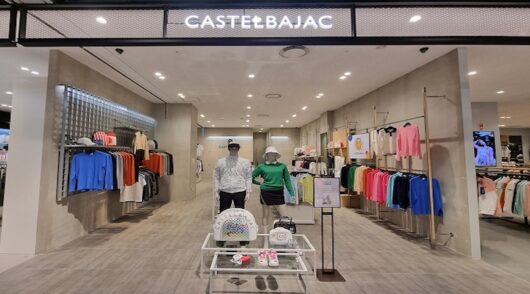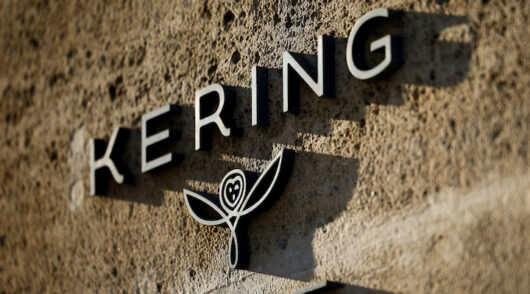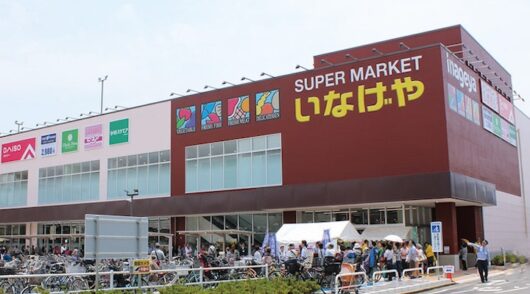Singapore brands are still keen to grow in China in the face of more domestic competition, higher costs and a slowing economy.
This is because China is, after all, “too large a market for ambitious foreign investors to ignore”, says CEO Chio Kian Huat of accounting and business advisory group Stone Forest.
Another factor is the improved transparency and predictability of doing business there following the government’s continued crackdown on corruption, according to Ernst & Young Asia Pacific transaction advisory services leader Harsha Basnayake.
For CapitaLand, diversification in China has provided “respite from weakness” in the Singapore property market, says Maybank Kim Eng analyst Derrick Heng. Up from just 6 per cent in the early 2000s, 45 per cent of the real estate developer’s asset base is now in China.
Singapore-based beauty products seller Best World International is also projecting growth in China, its second largest market. The mainland contributed 30 per cent of the group’s revenue for its third quarter last year after growing more than 200 per cent year-on-year.
Growing costs
Meanwhile, the manufacturing segment has been less buoyant, buffeted by labour costs, which have been increasing at an average of 20 per cent annually for the past four years, as well as other rising costs such as electricity and natural gas.
Singapore design manufacturer Koda has had to shut down its manufacturing plants in China in the past few years and has shifted its focus to its furniture retail arm, Commune.
“Commune is well received by this younger and more design-savvy generation, and we still have a positive outlook on growth in this segment,” says CFO Joshua Koh.
He says consistent growth in China has helped buffer a drop in sales from other markets such as Malaysia.
Domestic competition and changing consumer demands are hitting the the F&B sector. To keep pace, BreadTalk has been working on new concepts. Its first store in China, which opened in 2003, has had five rounds of renovations. It has grown its outlets to about 500 in 50 cities, with China contributing about 42.7 per cent of total revenue in the 2015 financial year.
For restaurants, establishing a niche product is the key to good business, says Basnayake, citing Singapore’s Jumbo Group as an example of building success on a signature dish, its chilli crab. Jumbo’s revenue contribution from its Shanghai restaurants grew from 8 per cent in 2015 to 15 per cent last year, and CEO/executive chairman Ang Kiam Meng says the company intends to expand its brands to other major Chinese cities.





